KOKOMO, Ind. — A majority of workers at StarPlus Energy in Kokomo, Indiana, have signed cards to join the UAW, and the company has agreed to recognize their union. StarPlus, a joint venture between Stellantis and Samsung SDI, stayed neutral during the process and did not stand in the way of the 420 workers who chose to organize. With no threats or pressure, workers came together and won their union as soon as a majority signed cards.
“This is a big deal for StarPlus workers in Indiana,” said Frank Bush, a worker at StarPlus. “We were able to decide our future without intimidation, and now we’re on a path to the good pay and benefits, and respect on the job that other autoworkers in battery are winning.”
StarPlus workers are joining a growing wave of union wins across the Midwest and South. Their success follows major victories at other battery plants, including Lordstown, Ohio, and Spring Hill, Tennessee, where workers unionized with the UAW and won strong agreements.
“The UAW members at StarPlus stood up to make sure battery jobs are good union jobs,” said Dave Green, Director of UAW Region 2B. “Workers in Indiana and across the region, know they deserve fair wages, workplace protections, and the dignity that UAW members have been fighting for the last 90 years. As a union family, they need to know that we’re going to have their back every step of the way.”
The Kokomo plant started production earlier this year and is part of a larger expansion of electric vehicle battery manufacturing in the U.S. The victory in Kokomo adds to the momentum sparked by the breakthrough contracts won by UAW members at the Lordstown and Spring Hill plants, which included major wage increases and strong health and safety protections.
“Joining the union is going to help us build a better life,” said Anna Deweese, another StarPlus worker. “We’re not asking for the moon—we just want decent pay, affordable healthcare, and to have protections in an uncertain economy.”
Sara Kidwell, also at StarPlus, added, “When you’re on your own, it’s hard to speak up. But when we stand together, they’ve got to listen. That’s what being in a union is all about.”
The protections won through the Big Three agreement provide a powerful framework for workers at new EV plants like StarPlus. With strong union support, workers are now in a better position to secure fair wages, safe workplaces, and long-term stability in this fast-growing industry.
While workers in Kokomo move forward, others are still waiting for a fair shot. At BlueOval SK in Kentucky, workers have filed for a union election but remain in limbo as the company and Ford drag out the process and deploy intimidation and surveillance tactics. The BlueOval SK facility was recently the subject of a Louisville Courier-Journal exposé, which detailed hazardous working conditions, including chemical exposure, mold, bat infestations, and workplace injuries. Workers there have pointed to the promise of union protections as a key reason for coming together. They continue to fight for a voice on the job, for safety, and for dignity—just like the workers at StarPlus.





UAW Workers at Challenge Manufacturing Win Major Wage Gains, Tentative Deal Reached After Workers Stood Up to Company Rhetoric
UAW Region 8 Director Tim Smith Statement on Texas Redistricting Power Play
Dozens of NY Elected Officials Sign Letters in Support of Striking UAW Legal Services